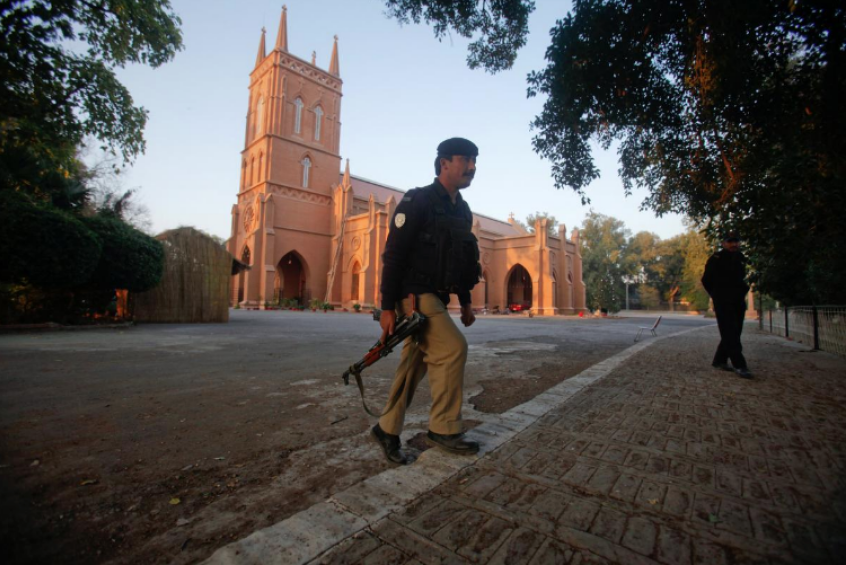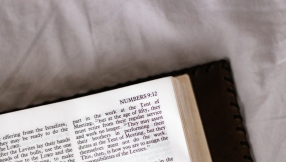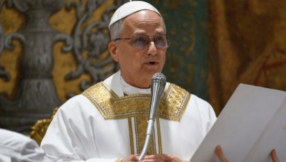
Some Christians in Pakistan have been left so desperate by the coronavirus crisis that they are converting to Islam in exchange for food, a human rights lawyer has said.
The lawyer, named only as Aneeqa A, a partner of ADF International, said that Christians were being denied emergency food aid in the pandemic.
"People have become so desperate that they are forced to trade their religion in exchange for food. They are forced to convert to Islam just for one sack of flour," she said.
Pakistan is home to just over four million Christians - around 2% of the population. They suffer severe persecution for their faith - Open Doors ranks the country fifth on its World Watch List of 50 worst countries to be a Christian - with threats including false accusations of blasphemy, assault, murder, rape, forced conversion and forced marriage.
ADF International, a religious liberty advocacy group, said the situation had worsened since the start of the pandemic.
"The current health crisis has made the injustices Christians experience even more numerous," it said.
"Christians are forced to deny their faith simply to be able to feed their families.
"As the international community considers coronavirus aid responses, it should listen to the voices of the most vulnerable and protect minorities who would otherwise receive little to no help at all."
The warning follows a report from the United States Commission on International Religious Freedom in April in which it identified Pakistan as one of its "countries of particular concern", citing "systematic, ongoing and egregious" religious freedom violations.
ADF International is calling on the international community to take action to protect religious freedom around the world.
Last week, the organisation was one of the signatories of an open letter to the President of the European Commission calling for the mandate of the Special Envoy on religious freedom to be continued.
"We, the undersigned organizations and individuals, are writing to applaud your commitment to universal human rights and the rule of law, and respectfully request that the EU continue to lead on the promotion of human rights throughout the world by continuing the mandate of the Special Envoy for the promotion of freedom of religion or belief outside the EU," the letter reads.
The letter goes on to state: "In the constellation of human rights, freedom of thought, conscience and religion plays a central role, as the basic ability of any human being to think and act according to his or her beliefs. However, these freedoms have come under increasing attack over the past decade."
It continues: "The EU must stand strong and united in order to respond to these challenges. The EU must stand together in the face of these unprecedented attacks on universal human rights. With its Special Envoy, the EU has led in the international response, and that leadership is needed now more than ever."













